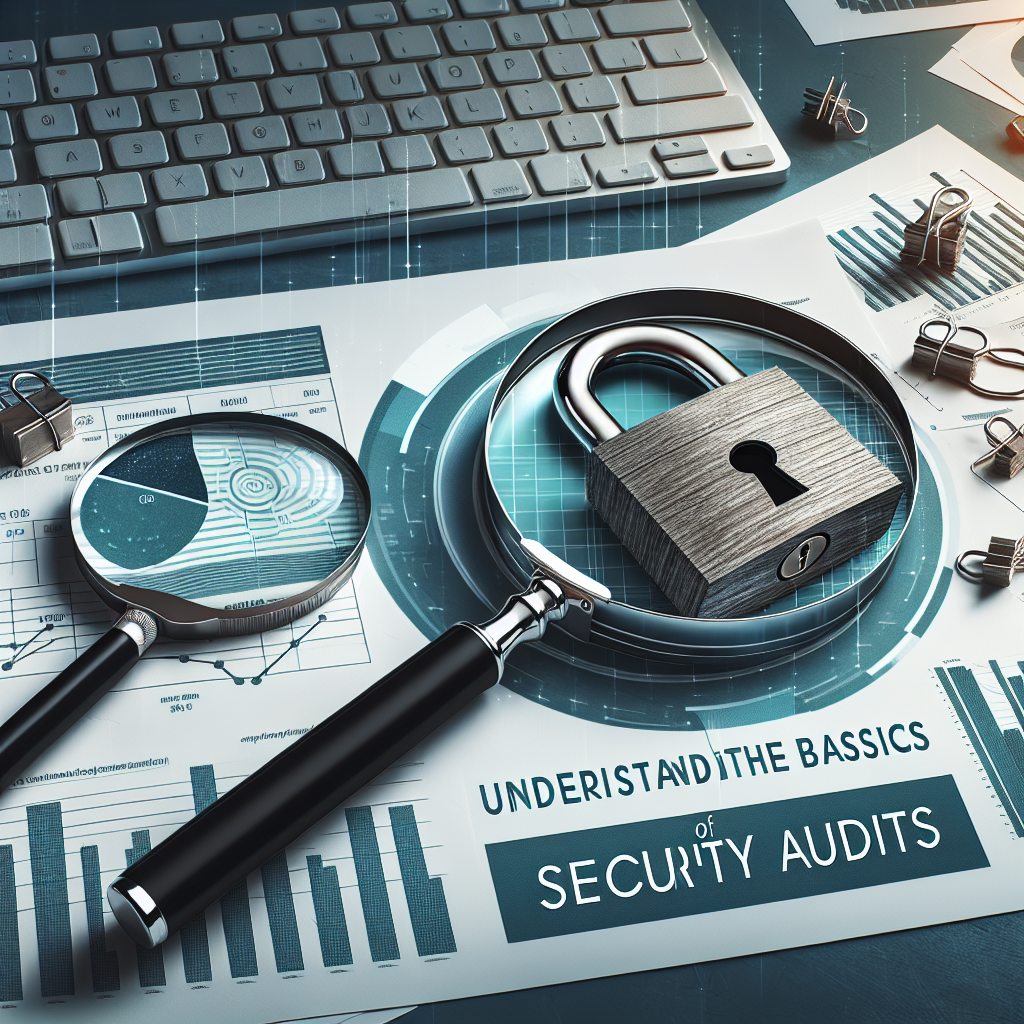In the world of digital technology, security audits play a critical role in protecting sensitive data and information systems. They are an evaluation method that ensures an organization’s information systems are robust, resilient against hacks and avoid breaches. This comprehensive analysis assesses the security level of an organization’s information and data, ensuring it is securely kept away from unauthorized access. The purpose of this article is to help you understand what security audits entail, why they are necessary, and how they are conducted.
The Essence of Security Audits
An IT security audit is a systematic, measurable technical check of how the organization’s security policy is employed. It is a part of the general information system audit that includes applications, operating systems, and network security software. The primary function of a security audit is to offer insights into the system’s security, allowing the IT staff to discern possible weaknesses and enhance security measures.
Why a Security Audit is Essential
Organizations are vulnerable to a variety of incidents that can lead to a breach in sensitive data. In the most severe cases, some breaches may be beyond repair. A detailed security audit is essential because it exposes weak points, ensuring the necessary precautions are put in place to avert potential issues.
IT security audits are integral in ensuring that your system’s controls are efficient in maintaining integrity, confidentiality, and the availability of the data. They also assist in validating that you are abiding by the regulatory standards required by your industry, making sure that your business remains within the law.
How a Security Audit is Conducted
Security audits don’t just involve a quick glance at your system. They entail a thorough process that examines each layer of your system. Experienced auditors usually conduct these audits as they have a wide range of knowledge about systems, software, and hacking techniques.
The first step involves the auditors conducting a risk analysis where they identify various risks and vulnerabilities in the system. Then, they critically review the security policy adopted by the organization and compare it with the system’s actual state of security. After that, they scan the software and the entire mezzanine system to uncover any bugs or malfunctions. During the process, auditors may also test the efficiency of antivirus programs and the effectiveness of firewalls, among others.
After the exhaustive tests, the auditor compiles an audit report detailing the findings, along with recommendations for improvements if any discrepancies are discovered. Fundamentally, a security audit scrutinizes whether an organization has covered all bases to secure its information system.
Conclusion
A security audit is a crucial activity that should be conducted regularly to ensure the IT security of an organization. Information security audits expose weak points, ensuring the necessary precautions are put in place to avert any adverse incidents. Audits help to validate that you are abiding by the regulatory standards required by your industry, assisting organizations in remaining within the law. By understanding the basics of a security audit, businesses can better protect their IT assets and ensure their long-term stability.
Frequently Asked Questions
- Why are security audits important?
- How often should a security audit be carried out?
- Who performs a security audit?
- What happens if vulnerabilities identified in a security audit are not addressed?
- What is included in the audit report?
Security audits help identify system vulnerabilities and confirm that an organization’s security measures align with its policies.
This largely depends on the organization’s type and size. However, most recommend at least an annual security audit.
This task is typically conducted by a third-party agency to ensure an unbiased assessment.
Unaddressed vulnerabilities expose an organization’s system to security breaches and potential data loss, leading to heavy penalties.
The report features the findings, recommendations for improvement, and a detailed analysis of the system’s current security state.

